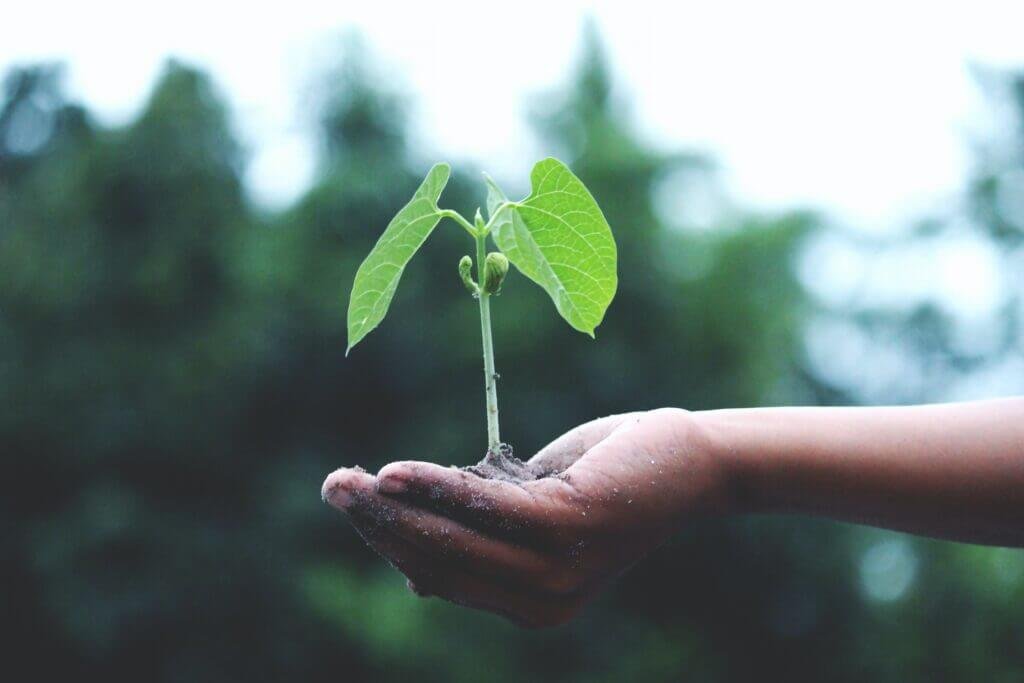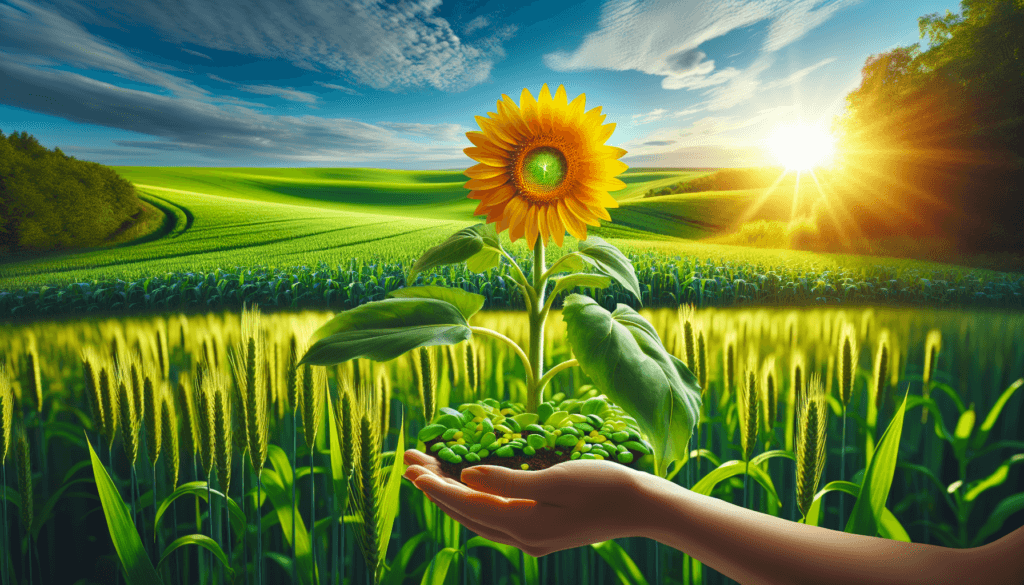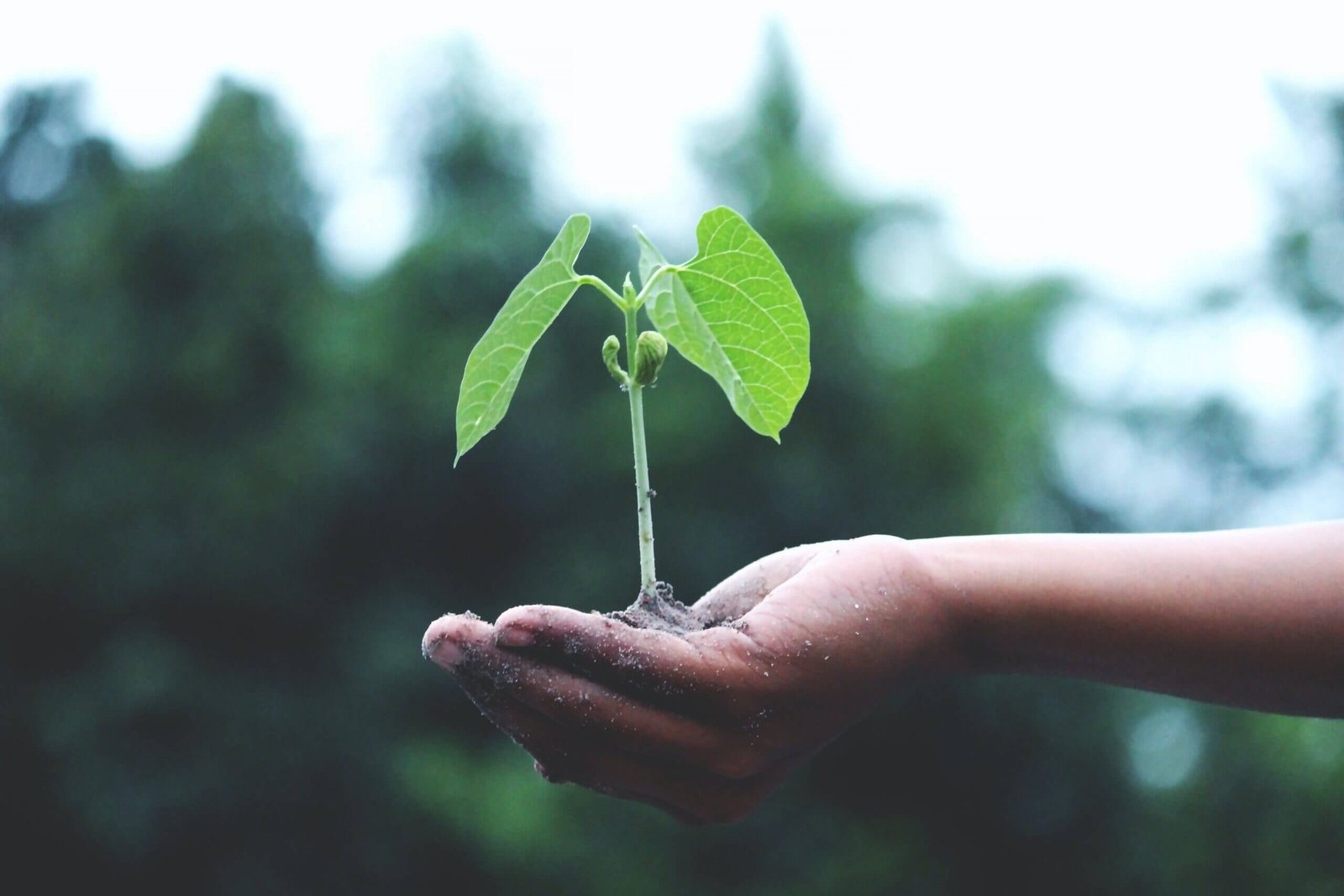Looking to take your gardening skills up a notch? If you’re passionate about creating a lush and vibrant garden while also being environmentally conscious, then finding the best eco-friendly fertilizers is crucial. In this article, we will explore different types of eco-friendly fertilizers that not only enrich your soil but also promote a sustainable approach to gardening. So, get ready to discover the secrets behind nurturing your garden while being kind to the planet!
1. Organic Fertilizers
Organic fertilizers are a popular choice among gardeners who prioritize sustainability and environmental friendliness. These fertilizers are derived from natural sources and contain essential nutrients that plants need for healthy growth. Here are some of the best eco-friendly organic fertilizers you can use in your garden.
1.1 Compost
Compost is often referred to as “black gold” due to its numerous benefits for garden soil. It is made by decomposing organic matter such as kitchen scraps, leaves, and grass clippings. Compost not only enriches the soil with essential nutrients but also enhances its structure, allowing for better water retention and aeration. Using compost in your garden improves soil fertility, promotes healthy plant growth, and reduces the need for chemical fertilizers.
1.2 Manure
Manure is another excellent organic fertilizer that has been used for centuries. It is rich in nutrients such as nitrogen, phosphorus, and potassium, which are essential for plant development. Manure can come from various animal sources, including cows, horses, chickens, and rabbits. Before using manure in your garden, it is crucial to compost or age it properly to prevent the risk of burning your plants.
1.3 Seaweed
Seaweed is a fantastic organic fertilizer for gardens located near the coastlines. It is packed with trace minerals, vitamins, and growth hormones that facilitate plant growth and improve overall plant health. Seaweed extracts can be obtained by either collecting fresh seaweed or purchasing commercially available products. These extracts can be used as foliar sprays or added directly to the soil to provide plants with essential nutrients and stimulate root development.
1.4 Fish Emulsion
Fish emulsion is a liquid organic fertilizer made from the byproducts of fish processing. It is highly concentrated in nutrients such as nitrogen, phosphorus, and potassium. Fish emulsion is effective in promoting vigorous plant growth and improving soil fertility. It can be applied directly to the soil or used as a foliar spray. Fish emulsion is a great option for both outdoor and indoor gardening, providing a sustainable and eco-friendly source of plant nutrition.

2. Natural Mineral Fertilizers
In addition to organic fertilizers, natural mineral fertilizers offer an alternative option for gardeners seeking eco-friendly fertilizing methods. These fertilizers are derived from naturally occurring minerals and provide plants with essential nutrients. Here are some examples of natural mineral fertilizers you can consider for your garden.
2.1 Rock Phosphate
Rock phosphate is a type of mineral fertilizer rich in phosphorus, an essential nutrient for plant growth. It is derived from phosphate rock deposits and contains slow-release phosphorus that becomes available to plants over time. Rock phosphate promotes strong root development, flower formation, and enhances overall plant vitality. When using rock phosphate, it is best to incorporate it into the soil before planting.
2.2 Greensand
Greensand is a natural mineral fertilizer sourced from marine sediment. It contains potassium, iron, and numerous trace minerals that are beneficial for plant health. Greensand improves soil structure, enhances moisture retention, and provides long-term nutrient availability for plants. It should be mixed into the soil before planting or used as a top dressing around established plants.
2.3 Bone Meal
Bone meal is derived from ground-up animal bones and is an excellent source of phosphorus and calcium for plants. It helps promote strong root growth, improves flowering, and enhances fruit development. Bone meal is often used as a slow-release fertilizer, providing a long-lasting source of nutrients for plants. It is generally applied by mixing it into the soil or added to planting holes during transplanting.

3. Biofertilizers
Biofertilizers are another eco-friendly option for gardeners looking for sustainable fertilization methods. These fertilizers contain beneficial microorganisms that promote nutrient availability, improve soil structure, and contribute to plant health. Here are some commonly used biofertilizers.
3.1 Rhizobium
Rhizobium is a group of bacteria that form a symbiotic relationship with legumes, such as peas, beans, and clover. These bacteria colonize in the roots of leguminous plants and convert atmospheric nitrogen into a form that plants can utilize. By using rhizobium biofertilizers, you can improve soil nitrogen levels naturally and reduce the need for additional nitrogen fertilization.
3.2 Azotobacter
Azotobacter is another nitrogen-fixing bacteria that can enhance plant growth. This bacteria group can live freely in the soil and fix atmospheric nitrogen, making it available to plants. Azotobacter biofertilizers can be applied to non-leguminous crops to supplement their nitrogen requirements and promote healthier growth.
3.3 Mycorrhizal Fungi
Mycorrhizal fungi form a symbiotic association with plant roots, enabling plants to absorb nutrients more efficiently. These fungi extend the reach of plant roots, allowing them to access nutrients that may otherwise be unavailable. Mycorrhizal biofertilizers can improve nutrient uptake, water absorption, and overall plant health. They are particularly beneficial for establishing new plants or revitalizing stressed ones.

4. Vermicompost
Vermicompost, also known as worm castings, is a nutrient-rich fertilizer produced by earthworms. It is created by feeding organic matter to worms, which then digest and excrete the material, resulting in a highly fertile compost. Vermicompost is teeming with beneficial microorganisms, enzymes, and plant-available nutrients. Its use significantly improves soil structure, water retention, and nutrient availability, leading to healthier and more productive plants.
4.1 Benefits of Using Vermicompost
Using vermicompost in your garden offers numerous benefits. Firstly, it enriches the soil with a wide range of essential nutrients, including nitrogen, phosphorus, and potassium. These nutrients are released slowly, feeding plants over an extended period. Vermicompost also enhances soil structure, creating a well-draining, moisture-retentive environment that promotes healthy root development. Additionally, the beneficial microorganisms present in vermicompost help suppress soil-borne diseases and improve overall soil health.
4.2 How to Make Vermicompost



